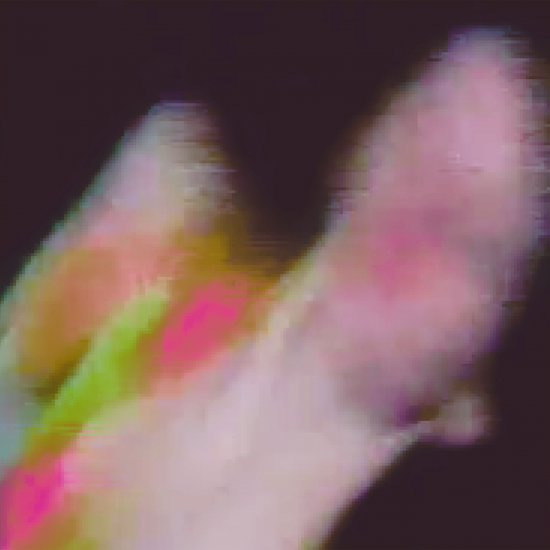In the promotional teaser video for Existenz, we’re presented with a montage of semi-kitsch, late twentieth-century artefacts of American culture as seen through the medium of low-budget cable television. It’s a brief clip, deliberately disorientating and entropic, designed to evoke the hyper-localism of cable TV in the 1980s and 90s. A vaguely salesman-like “Psychic Masters” show – some kind of metaphysical QVC – is juxtaposed with long, lusty shots of Liberty Island and Lower Manhattan, and intercut with grainy footage of motivational speakers and dodgy graphics which extol the virtues of “Manhattan lifestyles”. Function’s contemplative, spacious synth pads gust beneath it all, giving an otherwise disparate visual an odd cohesion.
As a counterpart to his new album, this clip from Function works rather well. A quarter of a century into a career that has seen him dive deep into an admirably wide range of American and European club cultures, David Sumner is audibly taking stock on Existenz, peeling back through his estimable back catalogue and reinvigorating the various seams he has mined up to now in order to create a sprawling, exploratory opus of contemporary dance music.
The wealth of timbres here is perhaps the record’s most impressive quality: there’s properly creepy, prowling industrialism at the heart of a track like ‘Vampir’, somewhat betraying the fingerprints of previous collaborator Vatican Shadow; conversely, on tunes like ‘Pleasure Discipline’ and ‘The Approach’, each movement is bathed in that rare kind of endless possibility that manages to conjure up the great silvery hope of the pioneering French and German electronic musicians of the 1970s and 80s, without ever descending into misty-eyed retro-futurism. These contrasts – of light and shade, awe and terror, menace and ecstasy – speak to Sumner’s long-term commitment to the specific nature of club subcultures. His productions are as literate in the minutiae of localised dance scenes as they are keenly aware of the need to push those details in new directions, sidestepping the traps of simple pastiche.
Perhaps more important than the cultural and intellectual content of Existenz, though, is its resolute focus to be a record for the club. There’s plenty of chin-stroking to be done about its cut-up approach to genre and the success of its various homages to Sumner’s beloved club scenes of the last three decades, but this is first and foremost a collection of tunes for dancing to, for losing oneself within. That’s the key to the album’s cohesion, which may well have been at risk from Sumner’s light-fingered fusion of tempos and atmospheres. Whether he’s experimenting with hyperactive Chicago footwork or muscular Berlin assault-techno, the sensual experience of the club, in all its dark, dank glory, is never far from the surface. By foregrounding the club context in this way, Function has made one of the most elegant, irresistible dance records of the year.



